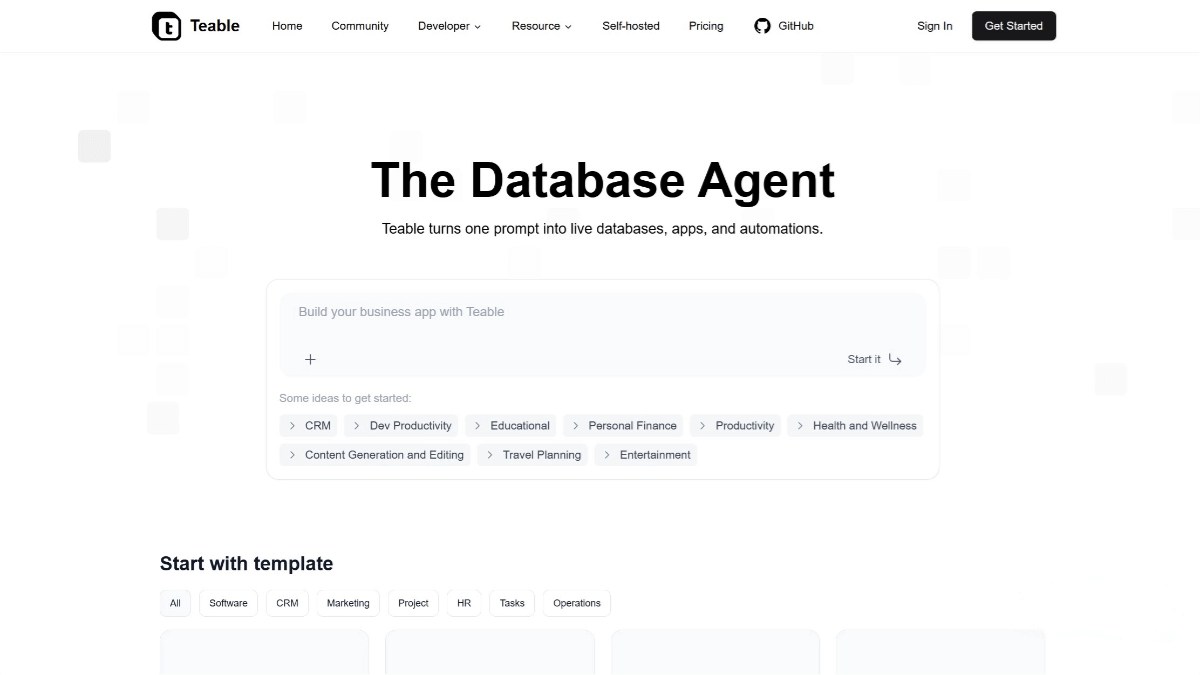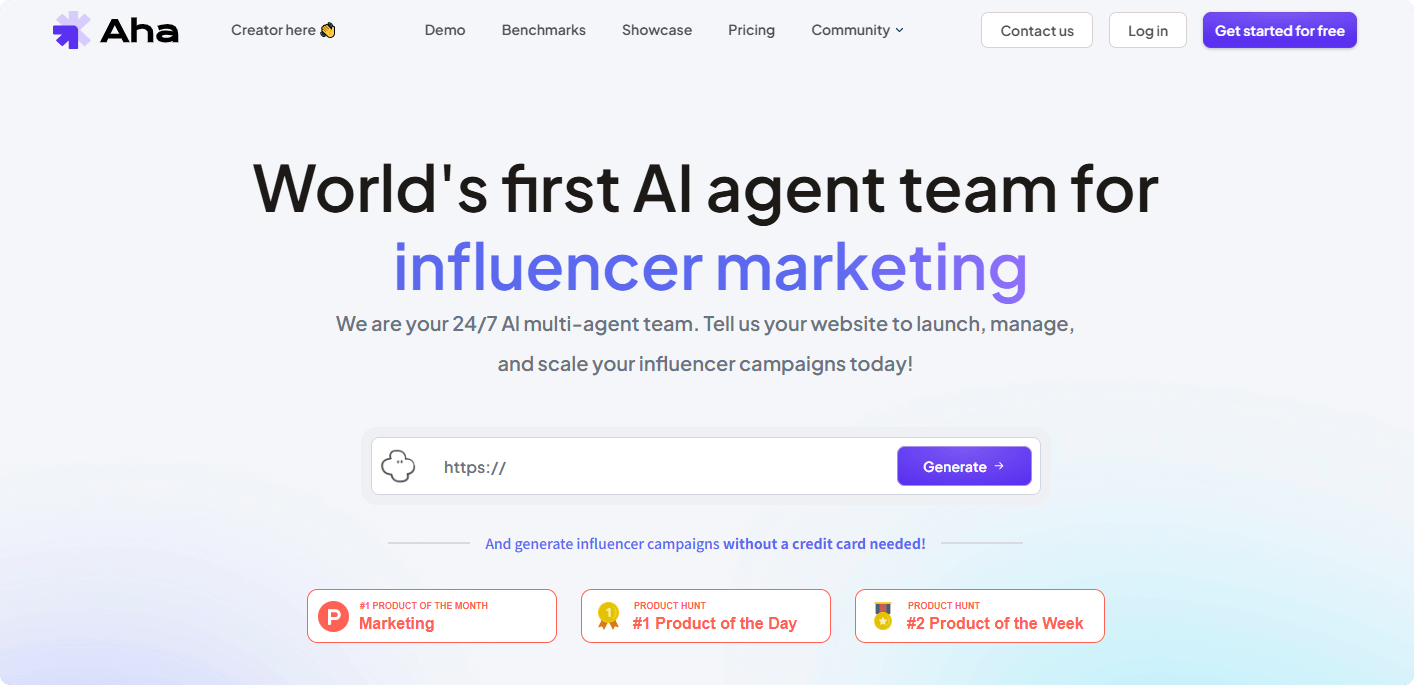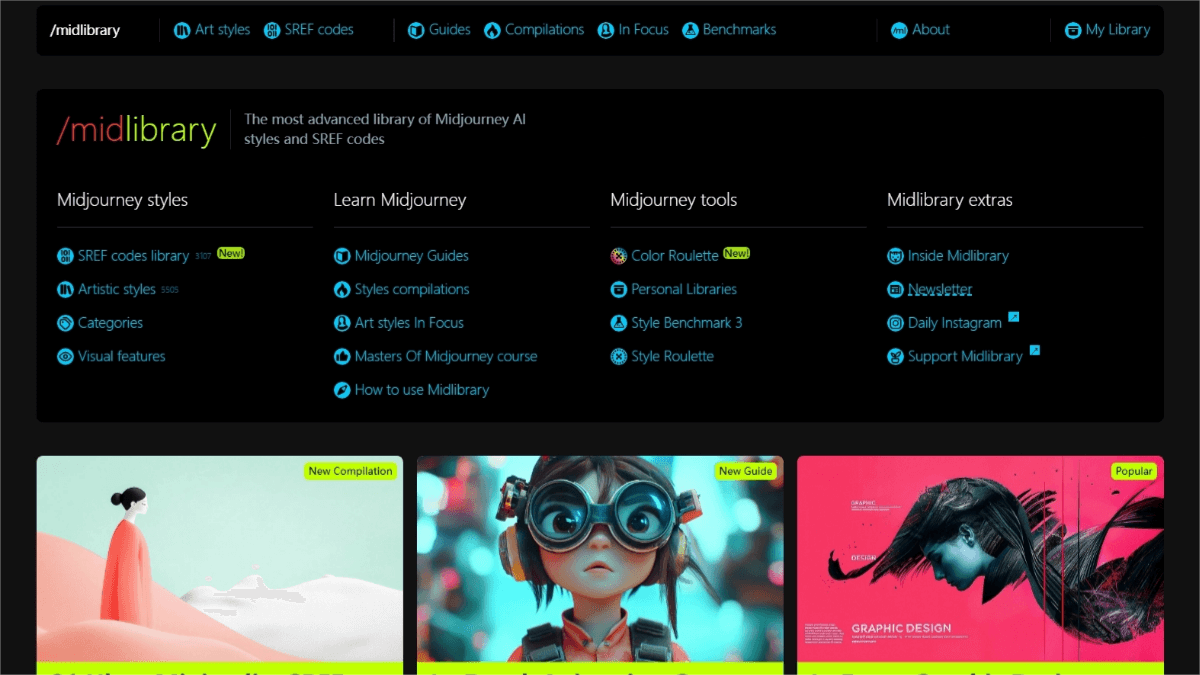What is Teable?
Teable is an innovative AI-powered database tool that transforms simple prompts into real-time databases, applications, and automated workflows. Leveraging AI technology, it helps users efficiently manage and automate business processes, boosting work productivity. Teable offers a variety of pre-built templates, including bug trackers, sales CRMs, task management, HR management, project management, automated marketing content generators, and operational support, covering common needs across fields from software development to marketing. It allows users to get started quickly without building complex databases or applications from scratch.

Key Features of Teable
-
AI-driven automation: Generate real-time databases, applications, and automated workflows from simple prompts without complex coding.
-
Rich template library: Provides a wide range of pre-designed templates, such as bug trackers, sales CRMs, task management, HR management, project management, automated marketing content generators, and operational support, covering multiple business scenarios.
-
Multi-view support: Supports multiple data visualization views to meet diverse user needs for data presentation and analysis.
-
Powerful data manipulation: Offers undo/redo, bulk editing, data transformation, copy/paste, history tracking, comments, search, data validation, grouping, sorting, filtering, aggregation, linking and lookup, and formulas, enabling flexible data management.
-
Real-time collaboration & permissions management: Supports team collaboration in real-time with fine-grained permission controls to ensure data security.
-
Private deployment & data security: Supports private deployment to meet enterprise-level data privacy and security requirements.
Official Website of Teable
- Website: https://teable.ai/
Application Scenarios of Teable
-
Project Management: Helps teams achieve transparency and efficiency in project progress, resource allocation, and task distribution.
-
Sales Management: Sales teams can track customer information, analyze sales performance, and manage potential clients.
-
Marketing Teams: Used for customer data management, market research, and campaign performance analysis.
-
Human Resources Management: Manages employee data throughout the full lifecycle, from onboarding to offboarding.
-
Warehouse Management: Builds intelligent warehouse management systems, including inventory dashboards, end-to-end traceability systems, smart alert centers, supplier collaboration platforms, and mobile inspection systems.
Related Posts




